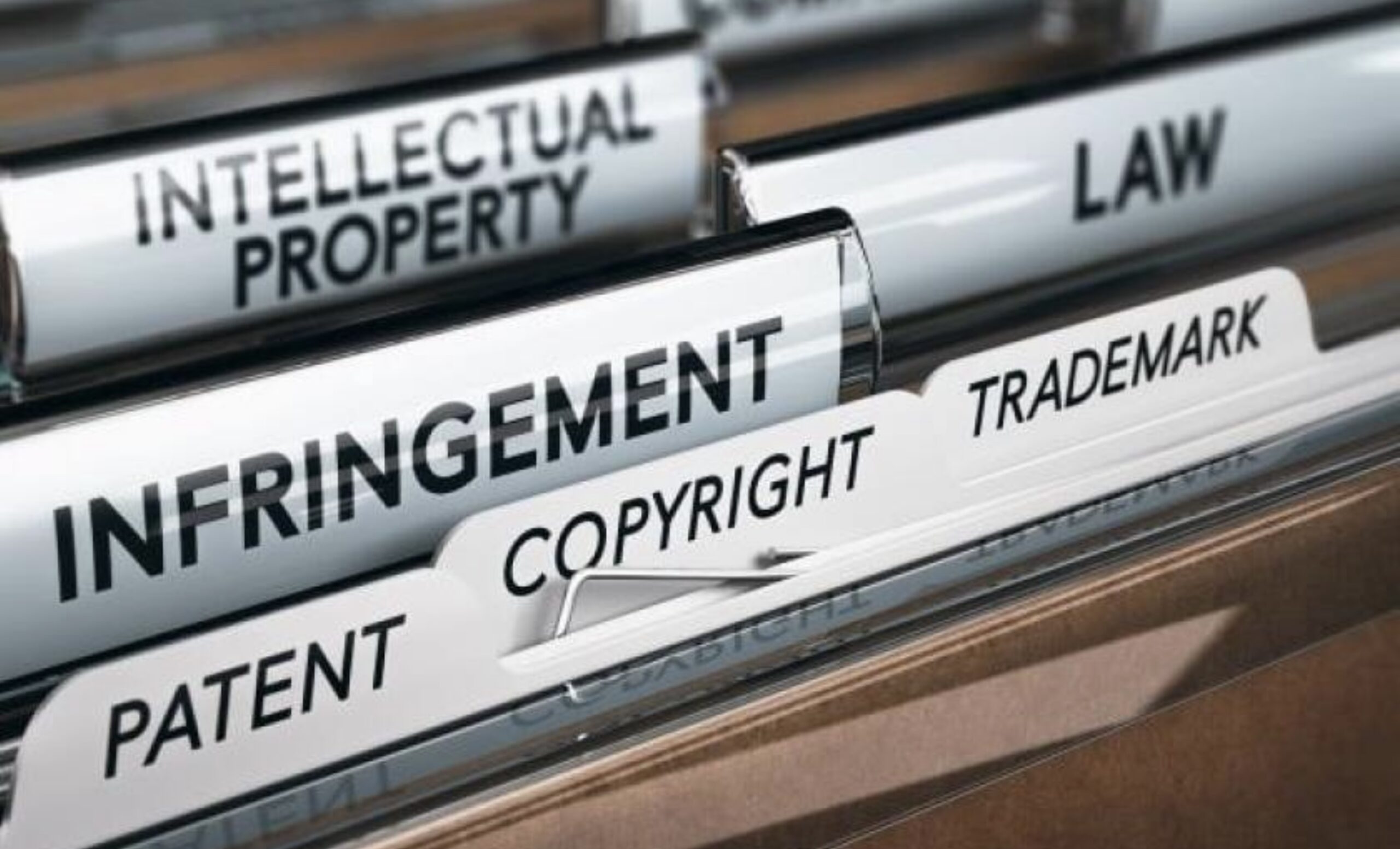All Blogs & Seller News
What are the types of intellectual property that can be enforced on Amazon platform?

Trademarks
A trademark can be any word, phrase, symbol, design, or combination of these things that identifies your goods or services — it’s how customers recognize your company in the marketplace. We tend to use the term “trademark” generically as referring to both trademarks and service marks. A trademark is used for goods; a “service mark” is used for services.
A trademark has many benefits, including:
- Identifying the source of your goods or services
- Providing legal protection for your brand
- Guarding against counterfeiting and fraud
A trademark does not mean you own a particular word or phrase. Rather, you own the rights to how that word or phrase is used with respect to specific goods or services. Key to obtaining trademark protection is the need to identify the specific categories of goods and services the mark will cover. And, the company must actually use or provide such goods and services in the chosen categories — or have a good faith and demonstrative intent to do so.
Copyrights
Copyrights protect original works of authorship, such as paintings, photographs, musical compositions, sound recordings, computer programs, books, blog posts, movies, architectural works, and plays. There are some things that are not “creative,” like titles, names, short phrases, and slogans; familiar symbols or designs; lettering or coloring; and mere listings of ingredients or contents. Copyrights protect expression and never ideas, procedures, methods, systems, processes, concepts, principles, or discoveries.
Companies can be copyright owners as the law allows ownership through “works made for hire” — works created by an employee within the scope of employment or certain independent contractors owned by the employer. Copyright law provides copyright owners with the following exclusive rights (among others):
- Reproduce the work
- Prepare derivative works
- Distribute copies by sale, transfer of ownership, or license
- Perform or display the work publicly
Patents
A patent is a government-granted monopoly to build, sell, and use your invention (and prevent others from doing so). If you are issued a patent, it’s usually good for 20 years; however, there are some patents that are only good for 14 years. After 20 years, your patent expires and anyone can copy, build,and sell your invention. In exchange for the “monopoly,” you must disclose the details of your invention to the public so that someone “practiced in the arts” could recreate it. To receive a patent your idea must meet four requirements:
- The subject matter must be “patentable” (as defined by Congress and the courts).
- Your idea must be “new.”
- The idea must be “useful.”
- Your idea must be “non-obvious.”
I hope you found this article helpful. Many Amazon sellers recently started trading stocks and crypto currencies, hoping to diversify their income, which is a very good idea with all the uncertainty which comes with the platform. For this reason, we launched a new Facebook group, Crypto Arbitrage Income (Bitcoin, Crypto, Altcoins, Blockchain, Trading) – feel free to join us and forget about the troubles of selling on Amazon for a moment!
Regarding Amazon Seller Performance, you can always participate in our Amazon Seller Performance – Friendly Advice – Worldwide group, where you will be very welcome.
If you are an Amazon Seller who needs help with any Amazon-related issues such as suspensions, listing blocks or is looking for professional assistance, please don’t hesitate to subscribe to my new OnlyFans page at: www.onlyfans.com/kikaangelic
In case you are an Amazon Seller who needs help with Seller Identity Verification on Amazon, please feel free to watch my most detailed video on the subject, addressing all common questions:



You must be logged in to post a comment Login